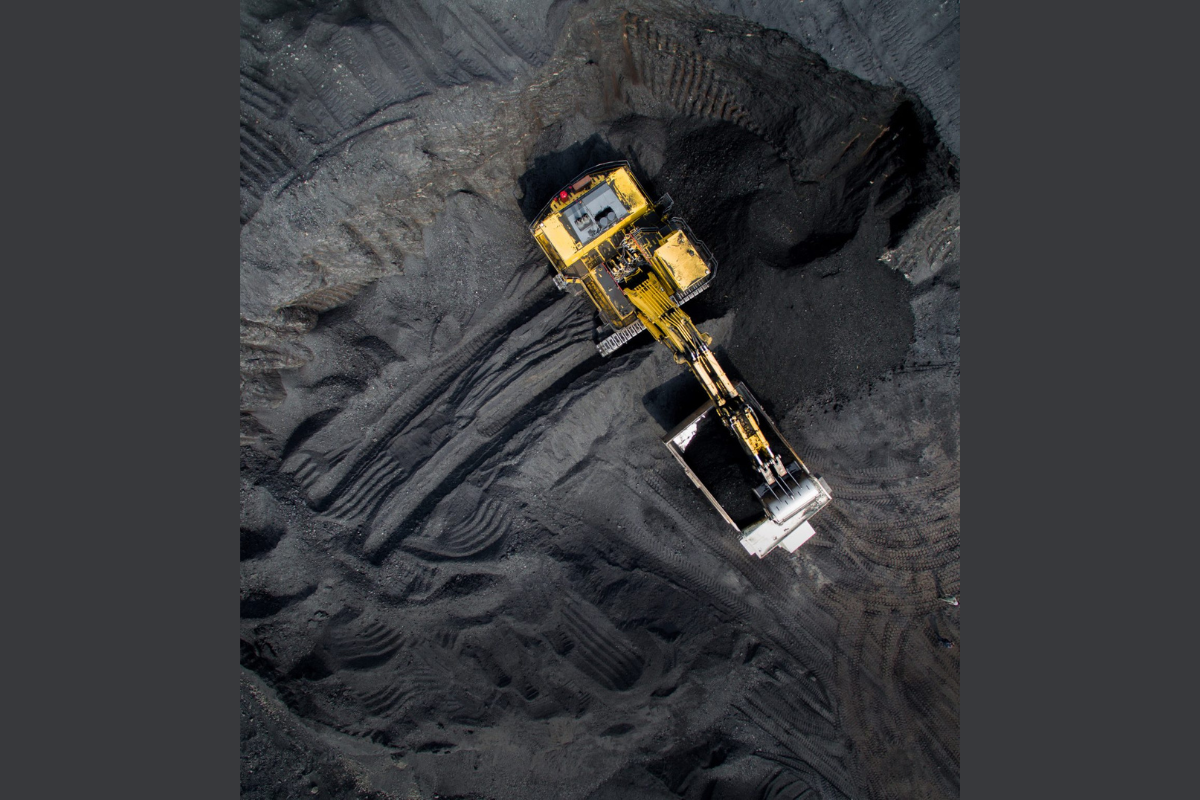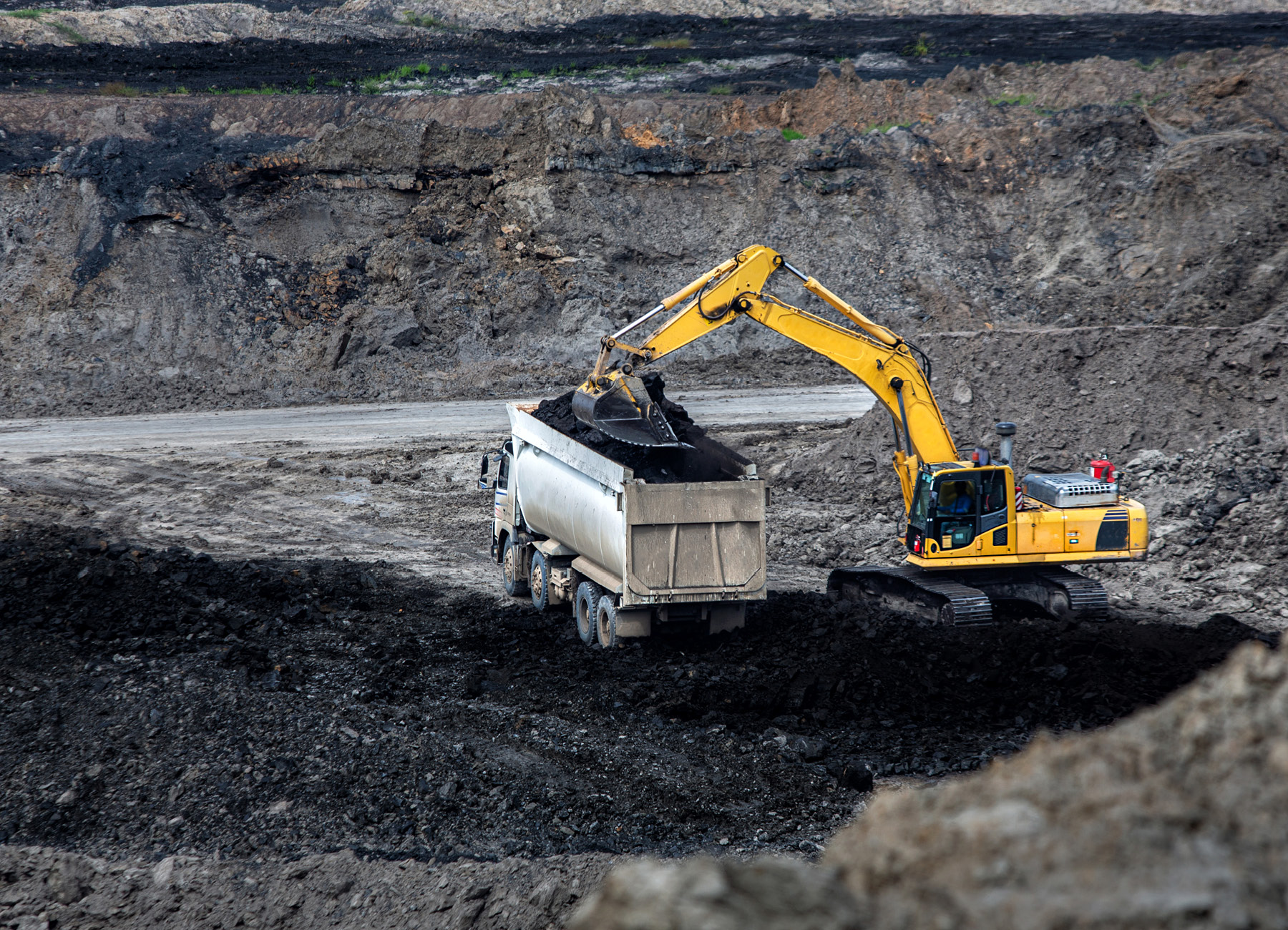At the Coalface: PM Prasad
PM Prasad, the Chairman and Managing Director of Central Coalfields, is a strong believer in India’s coal industry and its future. He’s not only planning to take his business upwards, but also keep it grounded with sustainable developments.
According to Central Coalfields Limited (CCL) Chair and Managing Director PM Prasad, there is ample scope to develop India’s coal industry over the next 20–25 years. "The Indian government has mandated radical changes in coal mining, with commercial mining and state governments getting more prominence," he tells The CEO Magazine.

CCL is one of eight subsidiaries of Coal India Limited, and is planning to become the fourth to top 100 million metric tons of coal production in a year.
"Last year we produced about 69 million [metric] tons of coal, and this year our official target is 76 million [metric] tons – although internally we have our sights set on 80 million [metric] tons," Prasad says. "In the coming years, we wish to touch the 115 million mark and become a 100-million-[metric]-ton company after MCL, SECL and NCL."
Taking the leap
Seeing those numbers, one might conclude that Prasad is aiming too high in too short a time, but one look at his career and past performance gives reassuring credibility. Prasad assumed his role at CCL at the peak of the COVID-19 pandemic, when coal demand was at its lowest. He not only triggered a recovery but also registered an impressive 10 percent compound annual growth rate the year after. This year, he’s targeting in the vicinity of 20 percent.
Prasad joined the coal industry back in 1984, as an executive trainee at Western Coalfields Limited. He slowly rose up the ranks to become General Manager and then moved to the Executive Director (Coal Mining) role at power utility NTPC, before becoming Chair and Managing Director at Bharat Coking Coal Limited. Decades of industry experience and perspectives have helped Prasad understand the changes over the years, and to plan for CCL’s success going forward.

Short-term goals would be optimization of our resources. In the case of departmental mining, we’re focusing on capacity utilization to make the land available and get the maximum benefits.
In the next few years he will be overseeing the Amrapali-Chandragupta and Magadh-Sanghamitra mining projects. He’s also making efforts to improve first-mile connectivity to the mine by building conveyors and silo loading systems. On top of that, CCL is working on a railway project and investing in two coal washeries.
On the sustainability front, the company is building nine eco-parks by partnering with WAPCOS, targeting a 400-megawatt solar infrastructure to become self-sustainable, and modernizing the mine infrastructure to reduce their carbon footprint.
However, those goals are not without their challenges. Forest clearance often takes years, and CCL is aiming to minimize disruption by planning ahead. "Short-term goals would be optimization of our resources. In the case of departmental mining, we’re focusing on capacity utilization to make the land available and get the maximum benefits," Prasad explains.
"Once the Damodar Valley Corporation and West Bengal government stop taking coal from us and start using their blocks, our marketability will take a hit. So I must improve profitability and resource optimization to ensure good quality export," he continues. "I believe CCL has a lot more potential, unlike some companies where the reserves are limited, like in Maharashtra. Jharkhand has an abundance of reserves."
Coordination is key
It seems Prasad is well on track based on the key performing metrics. CCL has made customer satisfaction its north star, with Prasad citing the example of its biggest customer, NTPC. He also measures the company’s success by its CSR efforts. CCL, in collaboration with the state government of Jharkhand, runs a sports academy in Khelgaon that trains and provides for talented children.
Prasad’s efforts to turn CCL’s fortune and make it more sustainable have been possible due to close supplier relationships. Apart from global leaders such as Caterpillar, CCL also works with Hindustan Steelworks Construction Limited, Larson & Toubro and Bharat Earth Movers Limited, among others. And since CCL deals with a lot of public sector companies, the internal administrations can swiftly work together to resolve conflicts.
We closely coordinate with suppliers by encouraging general managers to meet almost every month. Whether it is public sector or private, my focus is to go for the close of contracts.
"We closely coordinate with suppliers by encouraging general managers to meet almost every month," explains Prasad. "Whether it is public sector or private, my focus is to go for the close of contracts." CCL rents drill machines, water tankers and other ancillary equipment. It also sources simulators, online environment measuring devices and electric shovels. It has 10 major suppliers and 10 smaller partners.
With time, CCL is looking to be more renewables-friendly, to phase out archaic loading machines, and to align with the COP26 goals undertaken by the Indian government. Under Prasad’s leadership, the business is on the right trajectory to reinforce its position in the coal industry and to redefine its eco-friendliness.